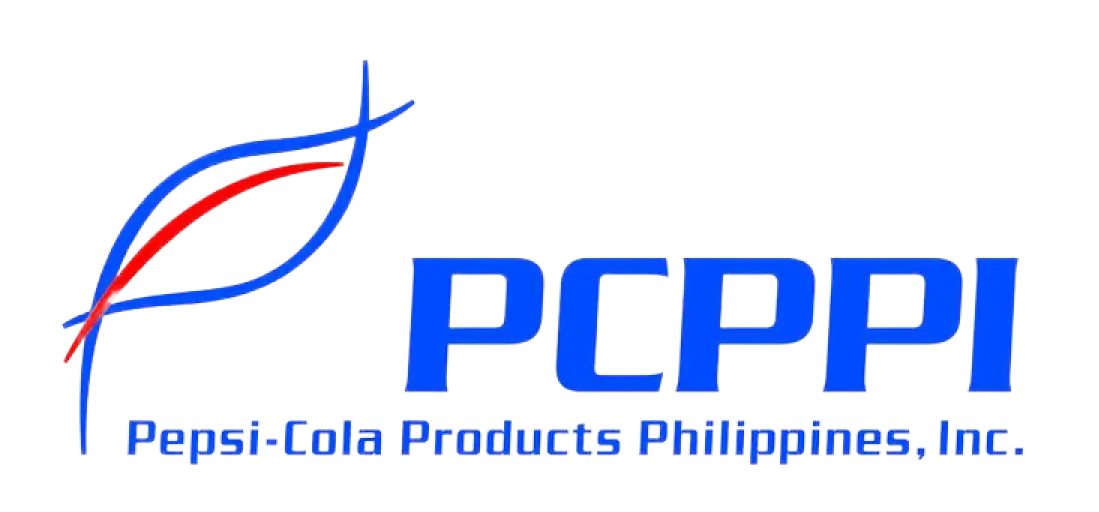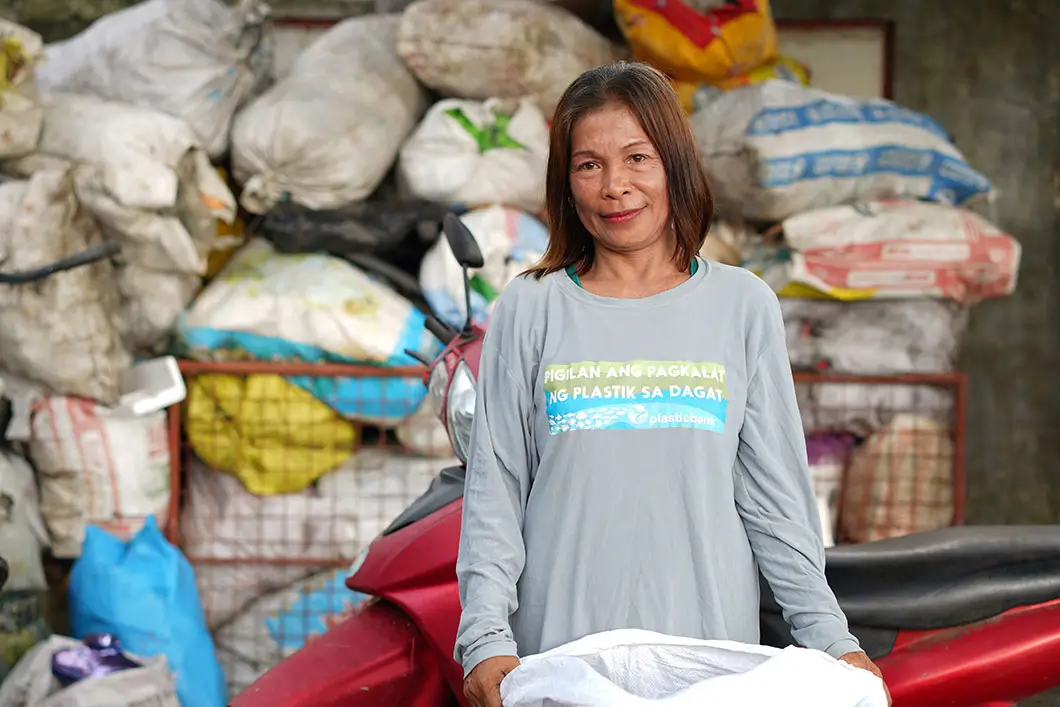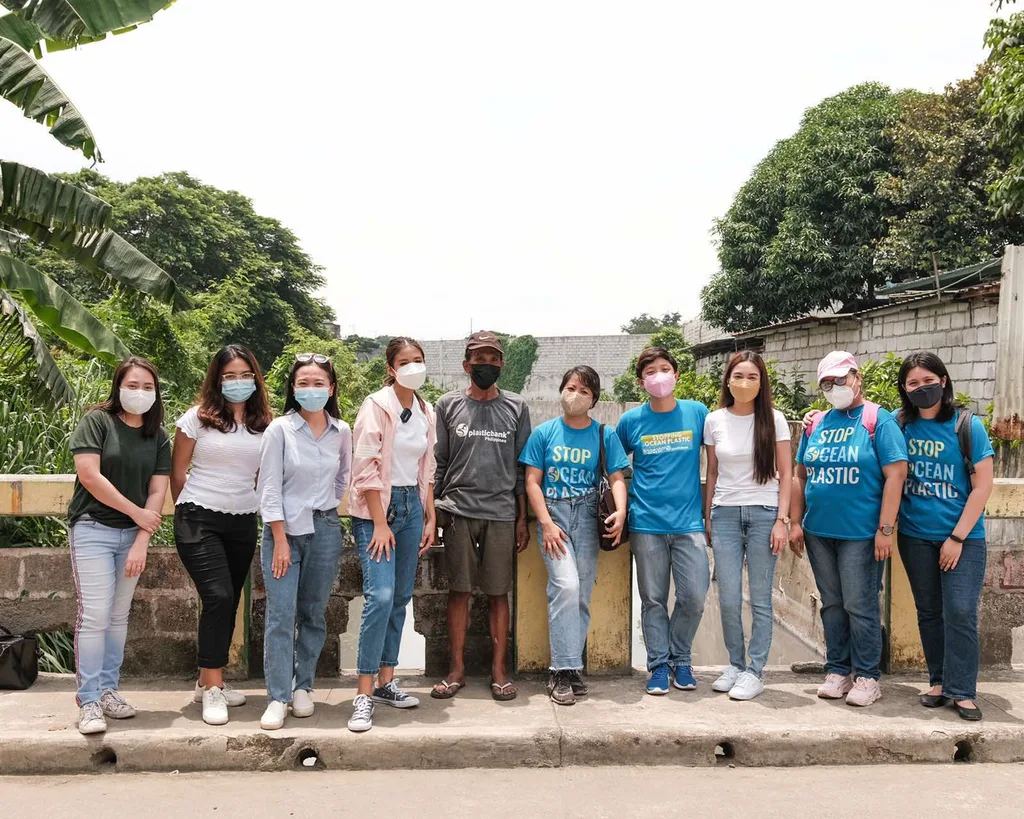EPR compliance, made easy
Comply with DENR regulations and elevate your brand through traceable plastic offsets that uplift local communities.
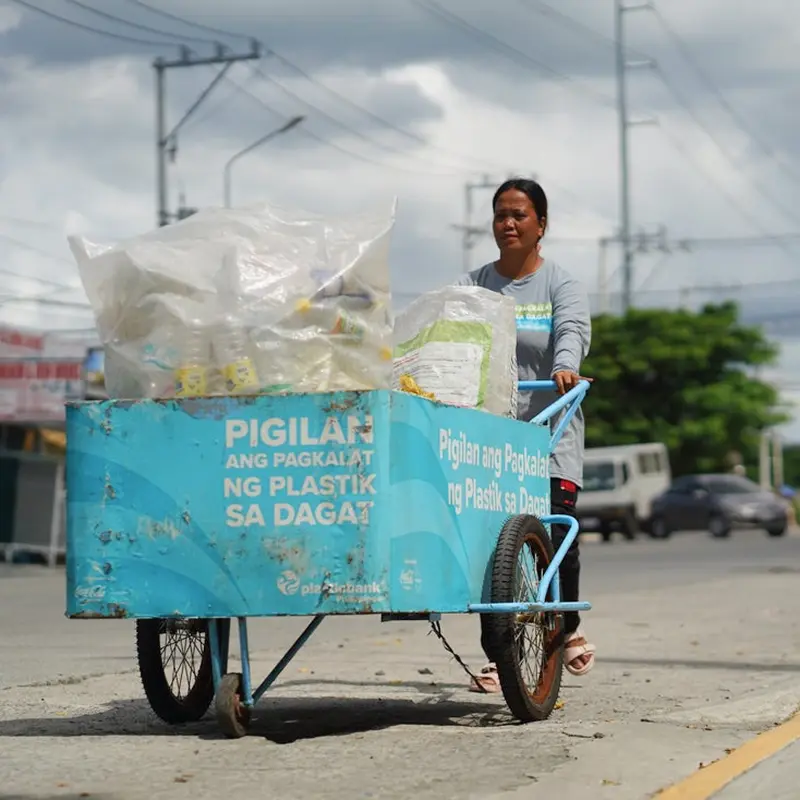
By 2028, businesses in the Philippines must demonstrate recovery and diversion of 80% of their plastic packaging footprint
A DENR-approved partner for your EPR success
Plastic Bank’s EPR solution simplifies compliance while delivering real impact.
We provide:
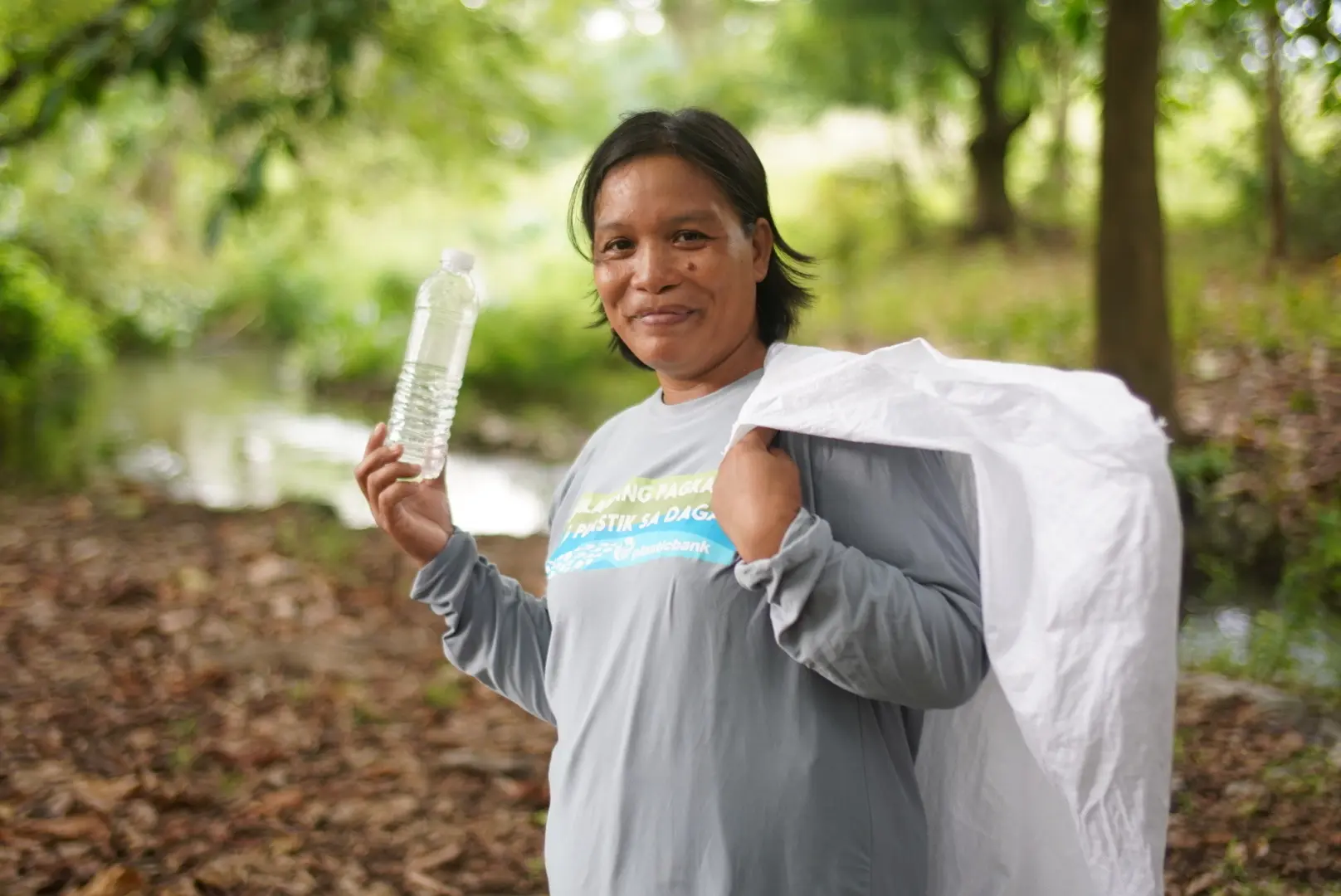
DENR-approved PRO services
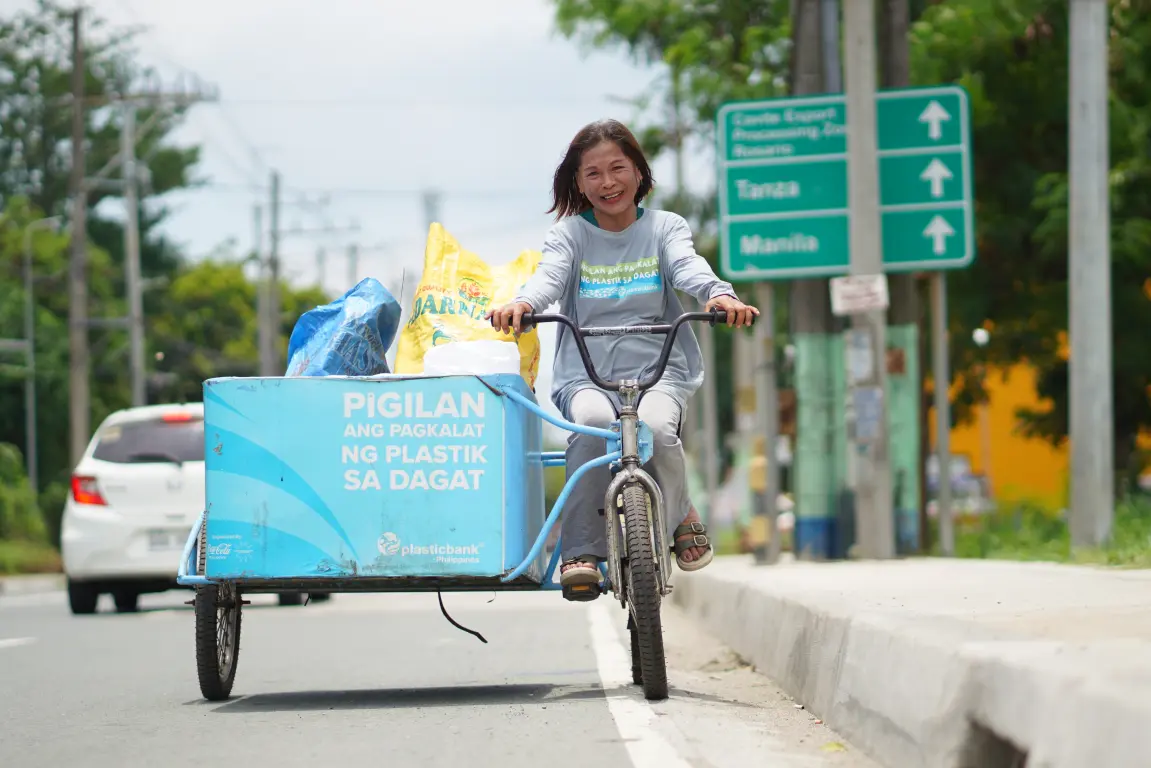
Over 260 collection branches across the Philippines
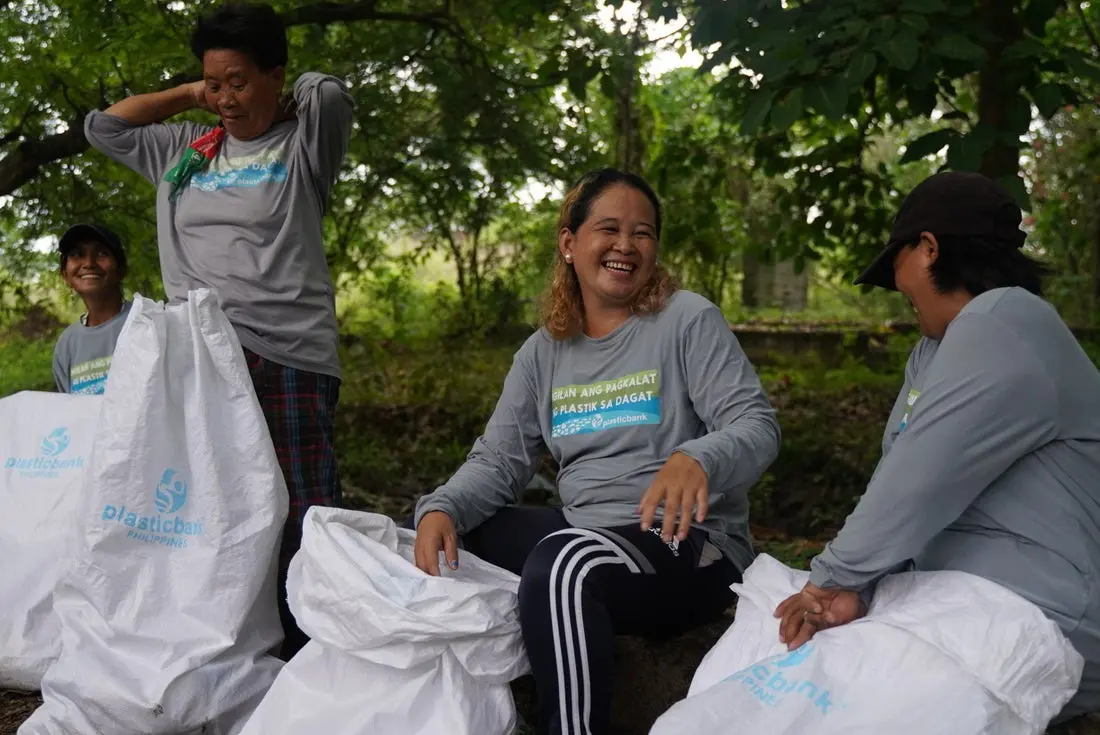
A trained network of 22,000+ plastic collection members
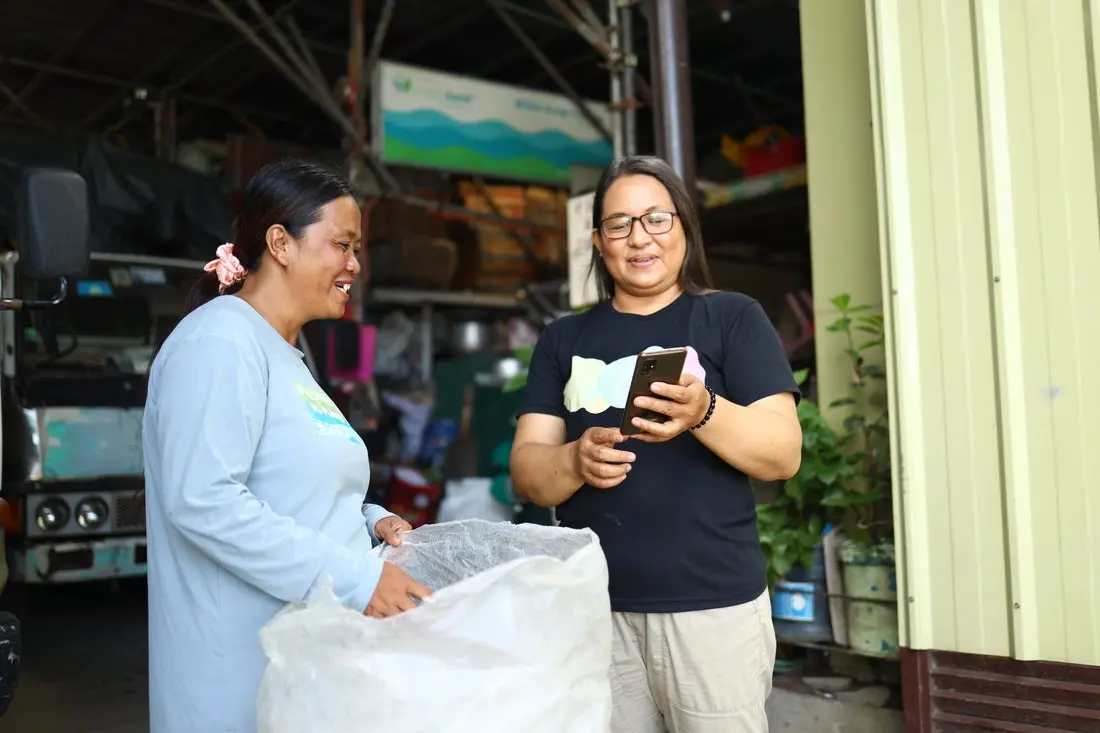
Full traceability and audit-ready documentation
Trusted by leading brands

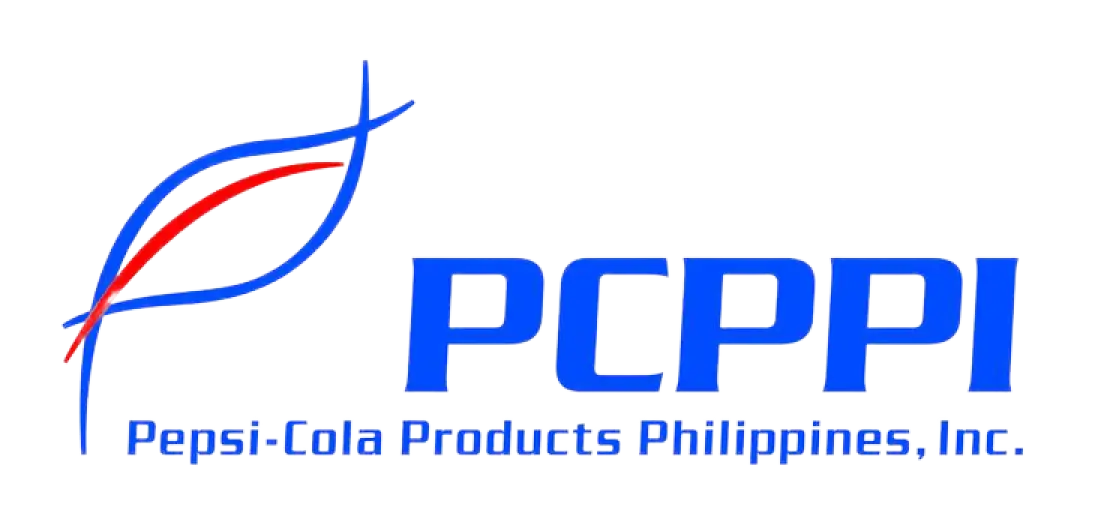
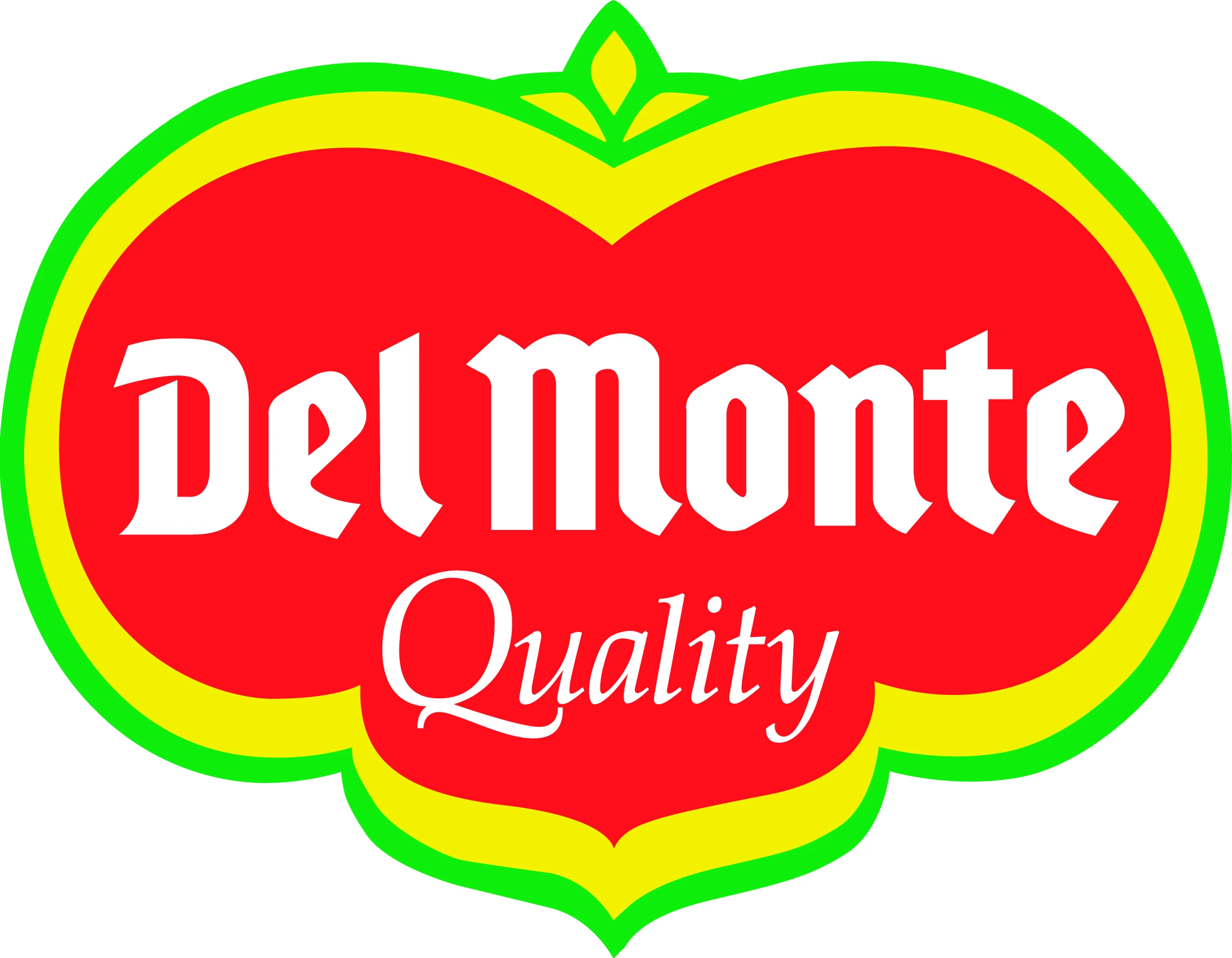




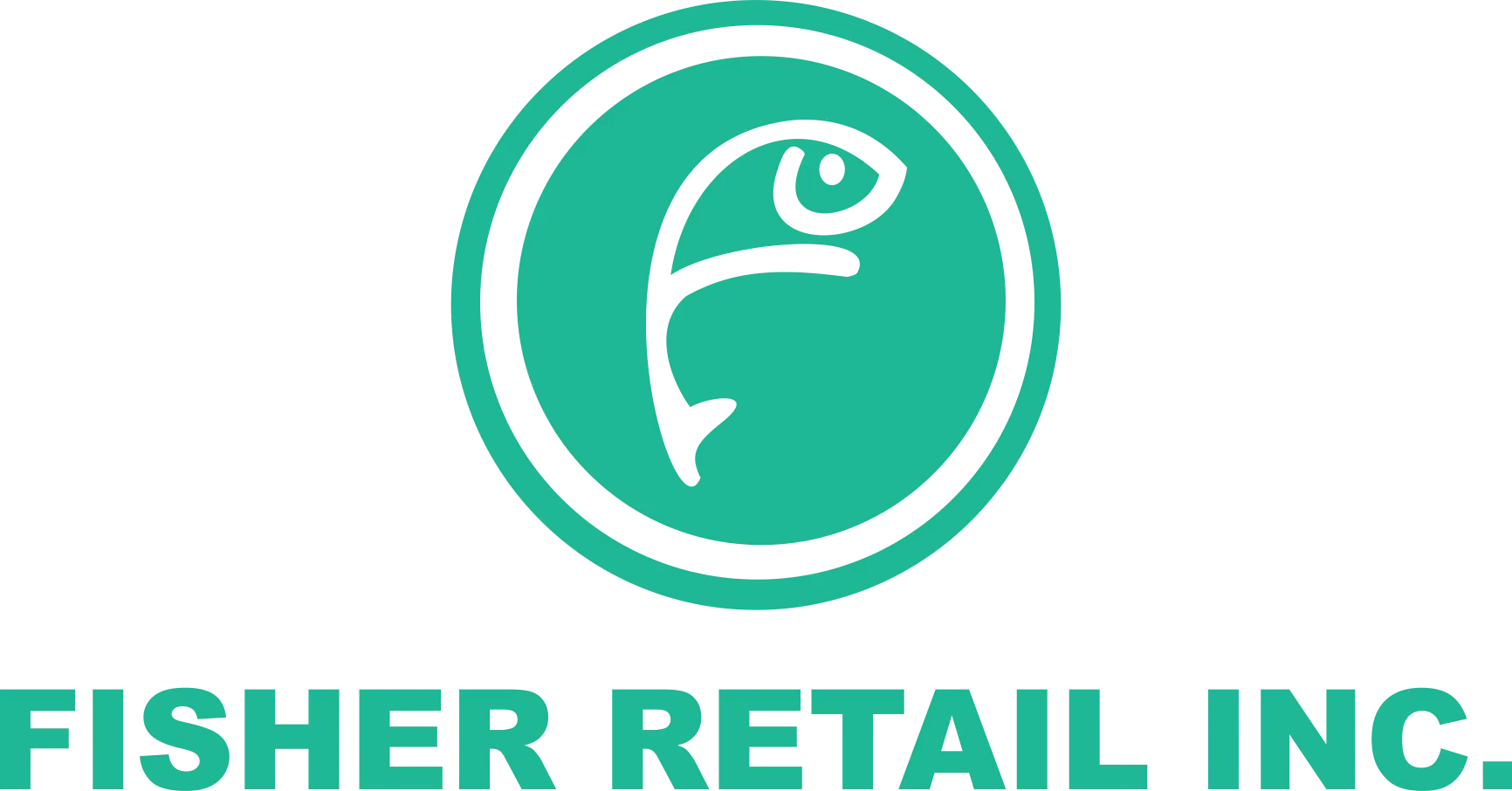



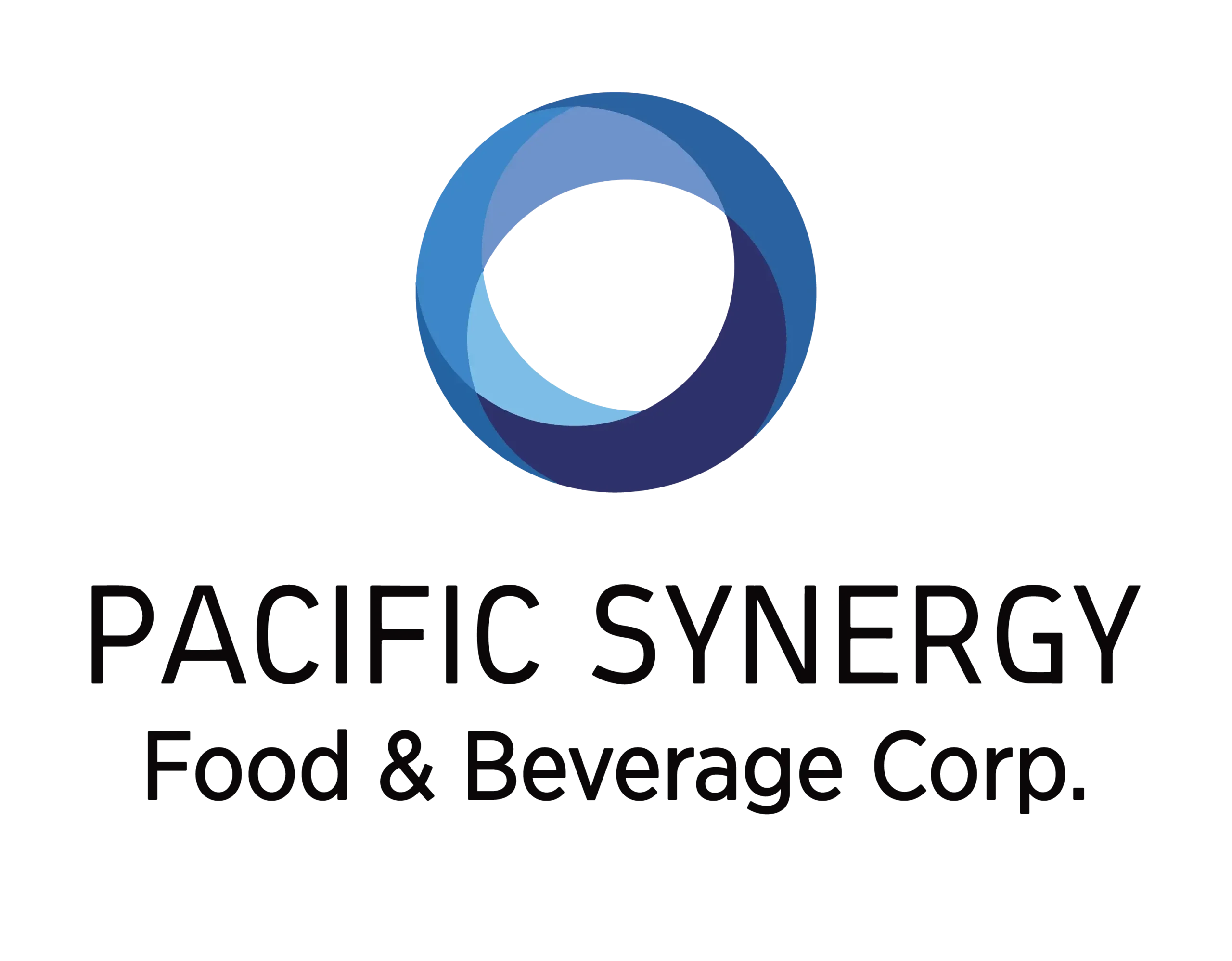
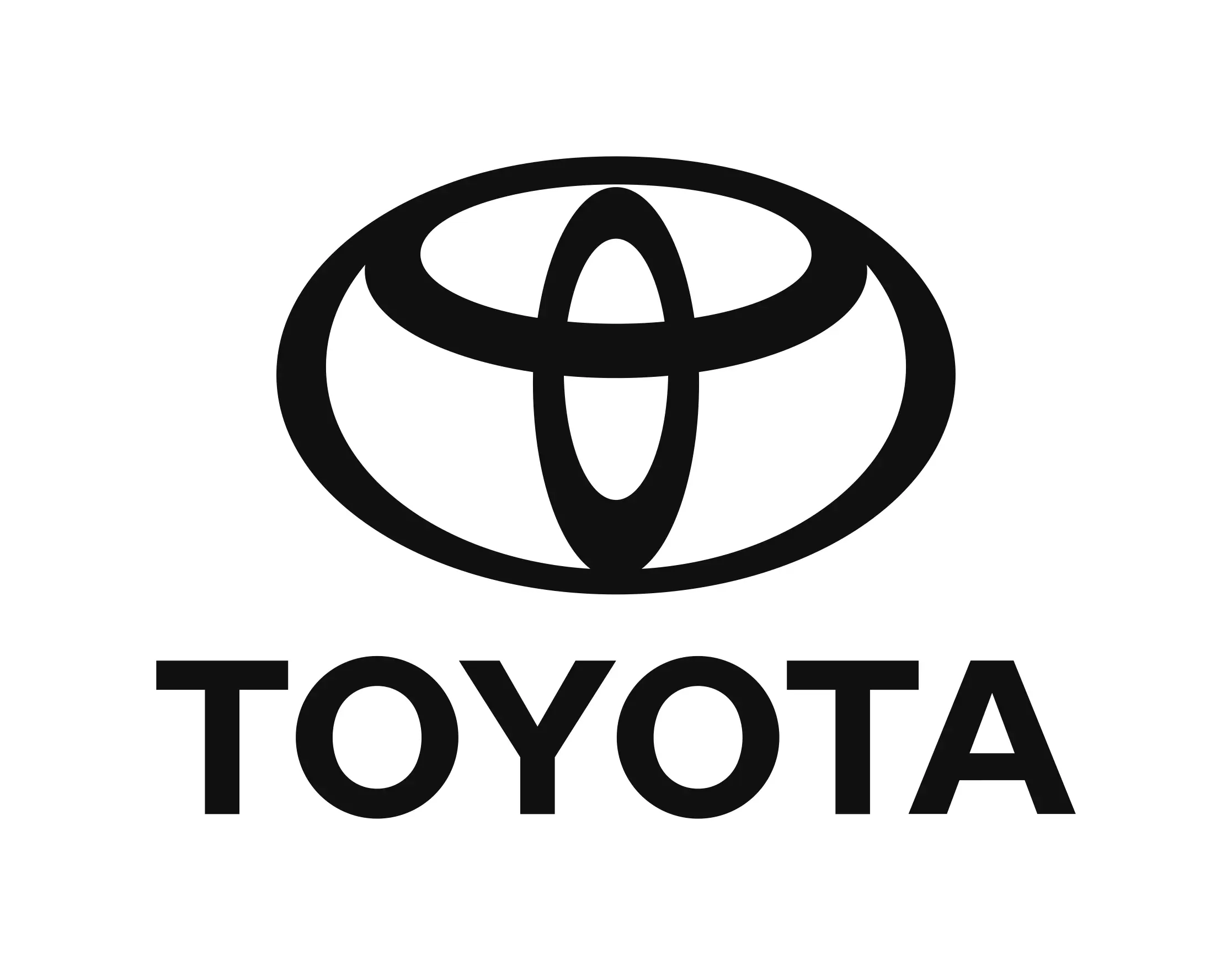
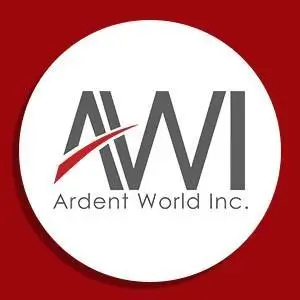
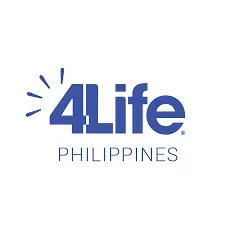















The cost of doing it alone
Only 900 out of 2,000+ obliged enterprises are
registered with DENR. Many are struggling with:
Setting up independent recovery systems
Coordinating multiple third-party vendors
Falling short on traceability and audit readiness
Facing steep penalties for non-compliance
You don’t have to navigate it alone.
Your EPR compliance, handled
Avoid the penalties, confusion, and complexity.
Partner with a proven, government-approved solution—and create meaningful environmental and social impact along the way.
For general enquiries please use our contact page.
Skip the Complexity.
Gain Compliance and Credibility.
What you avoid
- Building costly infrastructure
- Managing multiple vendors
- Struggling with reporting and audits
What you get
- Verified plastic offsets recognized by DENR
- Plastic offset certification badges
- ESG-ready reports and traceable documentation
How it works

Calculate

Offset

Verify

Report
Have Questions? We’re Here to Help
How does EPR compliance help business growth?
Under the law, OEs may receive awards (monetary or otherwise) for outstanding initiatives in reuse, recycling, or reduction. OEs and MSMEs may apply for tax an fiscal incentives under the National Internal Revenue Code, pending alignment with the Strategic Investment Priority Plan. Final guidelines are under development by the DENR and Department of Finance.
EPR compliance drives business growth by bolstering brand reputation, cutting waste management expenses, spurring product innovation, and ensuring legal adherence. This attracts eco-conscious consumers and investors, while mitigating environmental liabilities, fostering resource efficiency, and maintaining compliance, thereby nurturing sustainable business expansion.
What services does Plastic Bank offer to support EPR compliance?
As a Producer Responsibility Organization (PRO), Plastic Bank supports Obliged Enterprises in achieving EPR Compliance through an Ecosystem Activation (ESA) program.
Using blockchain-supported technology, Plastic Bank enables Obligated Enterprises to track the volume of plastic recovered and/or collected. Plastic Bank collaborates with and supports the informal waste sector by incentivizing and enhancing plastic waste collection. As PRO, Plastic Bank’s ESA facilitates sustainable waste management, report development, and DENR submission assistance.
Which enterprises or businesses must adhere to EPR regulations in the Philippines?
Obliged Enterprises are large enterprises that generate plastic packaging waste involved in manufacturing, importing, selling, distributing, and using products covered by EPR laws must comply in the Philippines.
Micro, Small, and Medium Enterprises (MSMEs) are not mandated, but encouraged to participate voluntarily.
What are the obligations of EPR in the Philippines?
The Philippine EPR Act of 2022 mandates producers to recover their product plastic packaging waste, promoting eco-friendly practices such as recycling to facilitate plastic recovery and foster a circular economy. It aims to minimize environmental harm by holding Obliged Enterprises responsible for the entire lifecycle of their goods, from production to disposal.
Offset plastic based on these targets:
- Submit EPR Program: Each OE must design and register an EPR program with the DENR. This should include plans to reduce, phase out, or offset plastic packaging, enhance recyclability, or achieve plastic neutrality.
- Undergo Third-Party Audit: Programs must be audited annually and submitted to the DENR.
- Ensure Traceability: The system must trace plastics from collection point (junk shops or LGUs) to final products (e.g., plastic furniture or packaging). Intermediate products like flakes or pellets are not considered compliant.
- Obliged Enterprises must comply with the following:
| Compliance Year | Required Offset |
|---|---|
| 2023 | 20% of 2022 footprint |
| 2024 | 40% of 2023 footprint |
| 2025 | 50% of 2024 footprint |
| 2026 | 60% of 2025 footprint |
| 2027 | 70% of 2026 footprint |
| 2028 onwards | 80% of previous year’s footprint |
What is EPR law in the Philippines?
The Philippine EPR Act of 2022 mandates Obligated Enterprises to recover their plastic packaging waste responsibly. This involves redesigning plastic packaging to enhance reusability, recovery, or recyclability. Additionally, it includes measures such as offsetting, redemption, or buy-back of plastic waste, as well as contributing to the collection and transportation of recovered plastic waste to appropriate recycling sites. By holding manufacturers accountable, the law aims to reduce plastic pollution and promote a circular economy.
These are its key objectives:
- Institutionalize Extended Producer Responsibility (EPR) mechanisms to minimize plastic waste through improving waste management focusing on recovery and recycling and extending the life cycle of a product for full circularity
- Encourage public-private cooperation in waste management at national and local levels
- Promote education and awareness on sustainable practices and ecological responsibility

